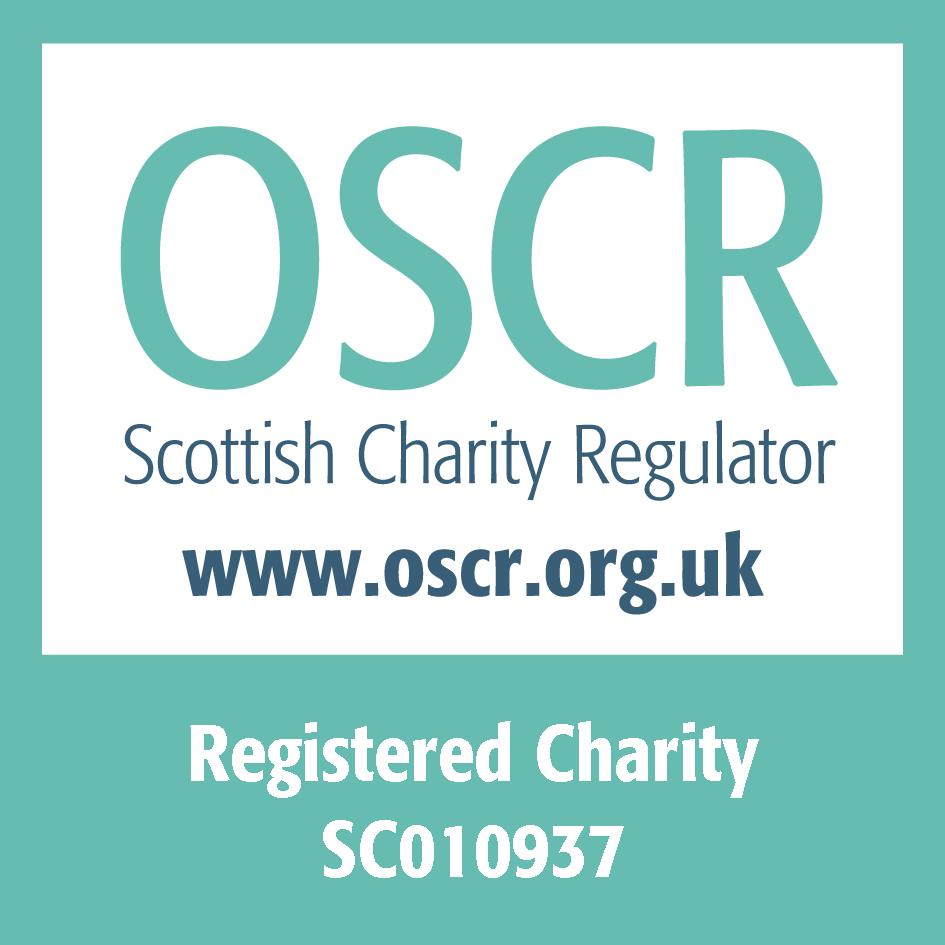For children
What is domestic abuse?
Domestic abuse is when one person hurts or bullies another person who is or was their partner.
It can happen to people who are going out, who live together, who have children together or who are married to each other.
It can happen to a woman who is in a relationship with a man, or when there are two women or two men who are in a relationship together.
Every relationship can have difficult times and everyone argues sometimes. What's different about domestic abuse is that it causes one person to be scared of the other and it is a pattern where someone is trying to control and have power over someone else.
Abusers can hurt other people in many different ways. It can be physical - punching, hitting, slapping, kicking or spitting.
It can be emotional - putting you or your mum down, making you feel bad about yourselves, calling you names, doing things that frighten you like shouting in your face or slamming doors or stopping you or your mum from seeing friends and family.
Abusers can have control of all the money or not let their partner work.
They can also abuse their partner in sexual ways like touching them in ways they don't like or want, or making someone touch them, making comments that feel uncomfortable or making someone look at sexual videos or pictures when they don't want to.
It might be that you see these things happening in your home or you might be experiencing it yourself.
Sometimes children and young people think that it's their fault that domestic abuse is happening in their home.
It's never your fault when one person is behaving this way to someone else.
It can also make you feel scared, worried, guilty or like there's no escape.
We can give you support with these feelings, or you can think of someone you trust to talk to.
You could also phone childline on 0800 11 11, or go on to the hideout website (http://thehideout.org.uk) for some more information.

"I feel safe in refuge and so do my mum and brother."
Domestic abuse is when one person hurts or bullies another person who is or was their partner.
It can happen to people who are going out, who live together, who have children together or who are married to each other.
It can happen to a woman who is in a relationship with a man, or when there are two women or two men who are in a relationship together.
Every relationship can have difficult times and everyone argues sometimes. What's different about domestic abuse is that it causes one person to be scared of the other and it is a pattern where someone is trying to control and have power over someone else.
Abusers can hurt other people in many different ways. It can be physical - punching, hitting, slapping, kicking or spitting.
It can be emotional - putting you or your mum down, making you feel bad about yourselves, calling you names, doing things that frighten you like shouting in your face or slamming doors or stopping you or your mum from seeing friends and family.
Abusers can have control of all the money or not let their partner work.
They can also abuse their partner in sexual ways like touching them in ways they don't like or want, or making someone touch them, making comments that feel uncomfortable or making someone look at sexual videos or pictures when they don't want to.
It might be that you see these things happening in your home or you might be experiencing it yourself.
Sometimes children and young people think that it's their fault that domestic abuse is happening in their home.
It's never your fault when one person is behaving this way to someone else.
It can also make you feel scared, worried, guilty or like there's no escape.
We can give you support with these feelings, or you can think of someone you trust to talk to.
You could also phone childline on 0800 11 11, or go on to the hideout website (http://thehideout.org.uk) for some more information.
"I feel safe in refuge and so do my mum and brother."
Boy, aged 7



